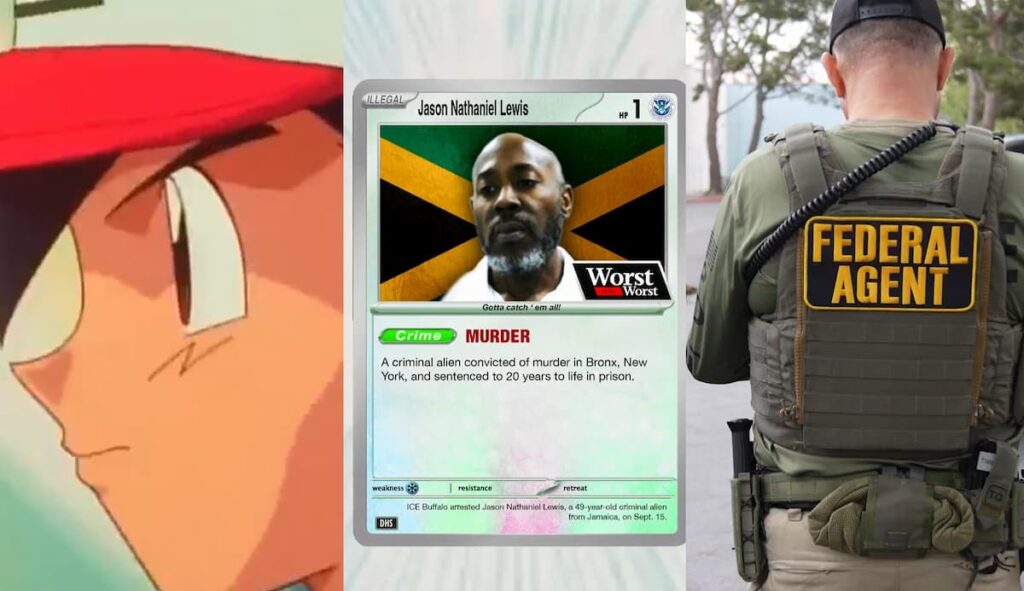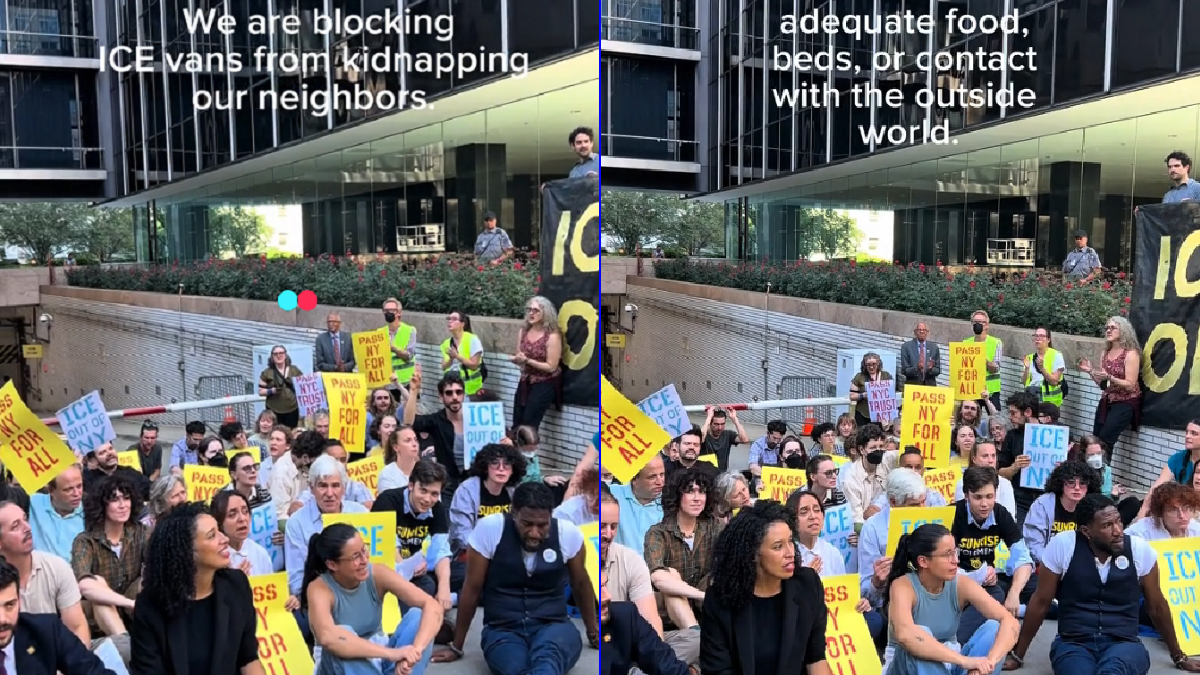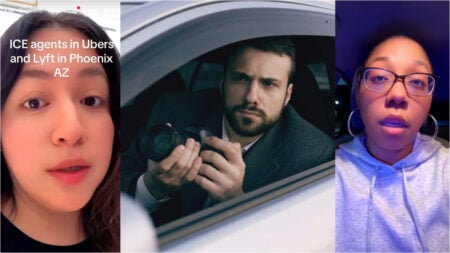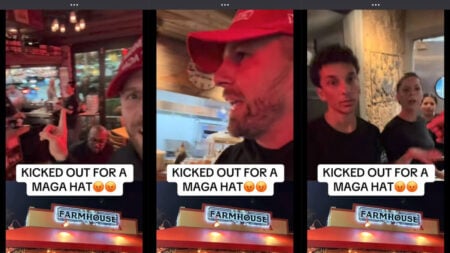In a controversial move that has understandably set the internet ablaze, the U.S. Department of Homeland Security (DHS) recently released a video equating immigration raids with the children’s game Pokémon. The clip, shared on X under the caption “Gotta Catch ’Em All,” splices footage of arrests and raids with Pokémon-style graphics and plays the franchise’s theme song, prompting widespread backlash online.
The video features DHS “mock trading cards” displaying the mugshots of individuals apprehended during ICE operations. Each card lists alleged offenses and uses Pokémon-inspired design elements, including “weaknesses” symbolized by ice emojis and “retreats” represented by airplanes. A GIF of Pikachu dancing with the caption “Border Patrol’s newest recruit” also appeared alongside the footage.
Social media users quickly questioned whether DHS had permission to use the Pokémon intellectual property, with one X user asking, “Yo you guys cool with them using your IP for this?” Another added, “Please tell me my tax dollars aren’t going to graphic designers to make Pokémon-themed ICE propaganda.”
Critics have decried the video as tone-deaf and ethically troubling. Aaron Reichlin-Melnick, senior fellow at the American Immigration Council, highlighted that some of the raids depicted involved U.S. citizens who were not shown warrants before being handcuffed and led out of their homes, raising legal concerns about the use of the footage for public relations purposes.
The Pokémon franchise, co-owned by Nintendo, Game Freak, and Creatures Inc., has not yet issued a public statement. However, commentators on Reddit and other platforms speculated that Nintendo’s notoriously litigious approach could lead to a legal challenge, with some humorously imagining a court battle between the Trump administration and the Japanese entertainment giant.
While the video may have been intended to draw attention to arrests of criminal offenders, the blending of a beloved children’s brand with aggressive federal enforcement has drawn widespread condemnation. Users described the montage as “sickening” and dystopian, sparking broader debate over government use of pop culture references in messaging.








